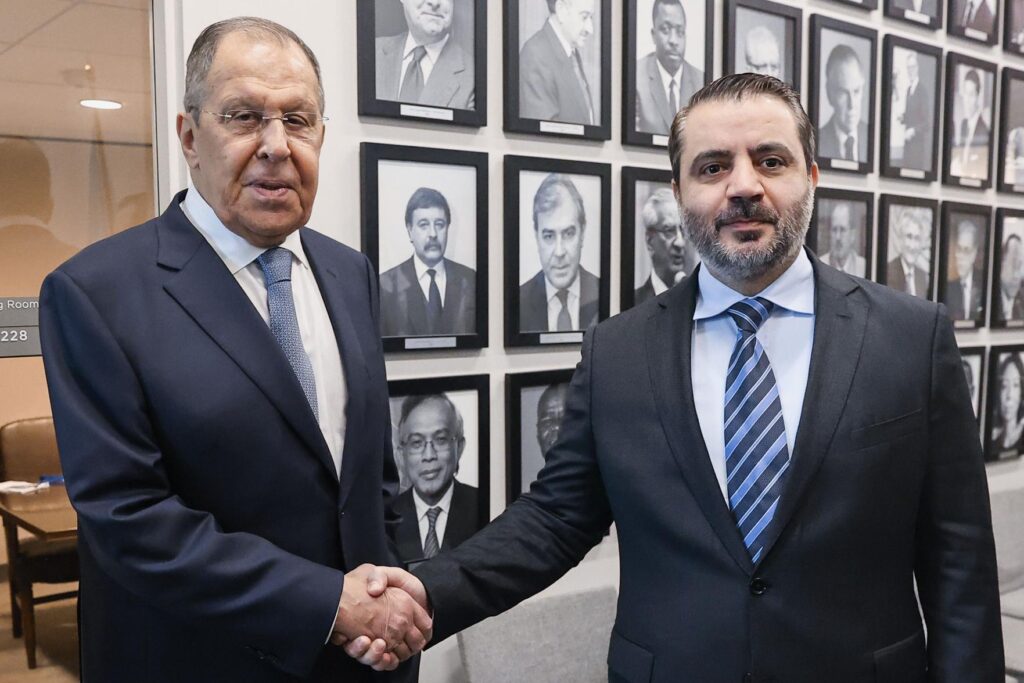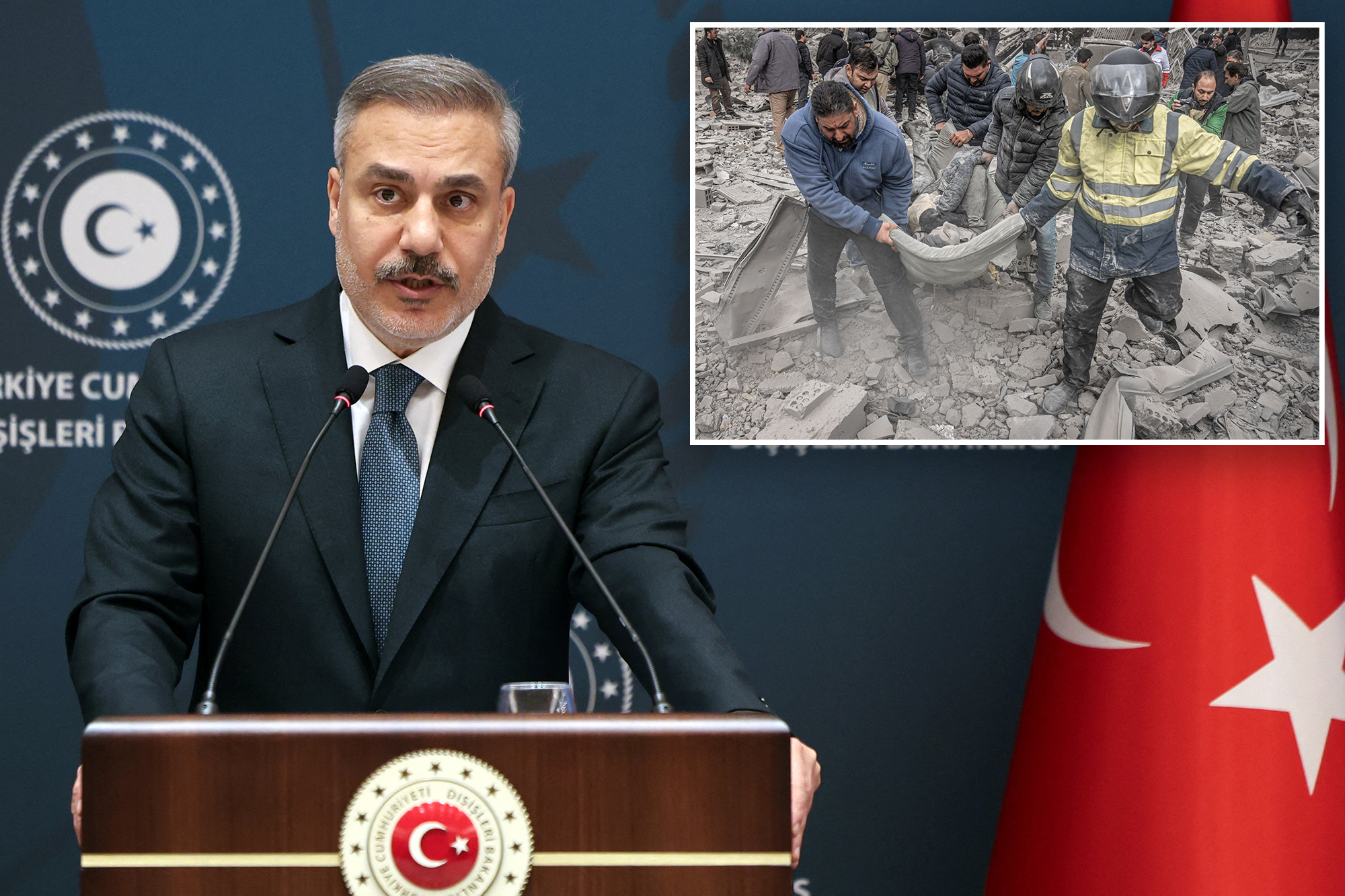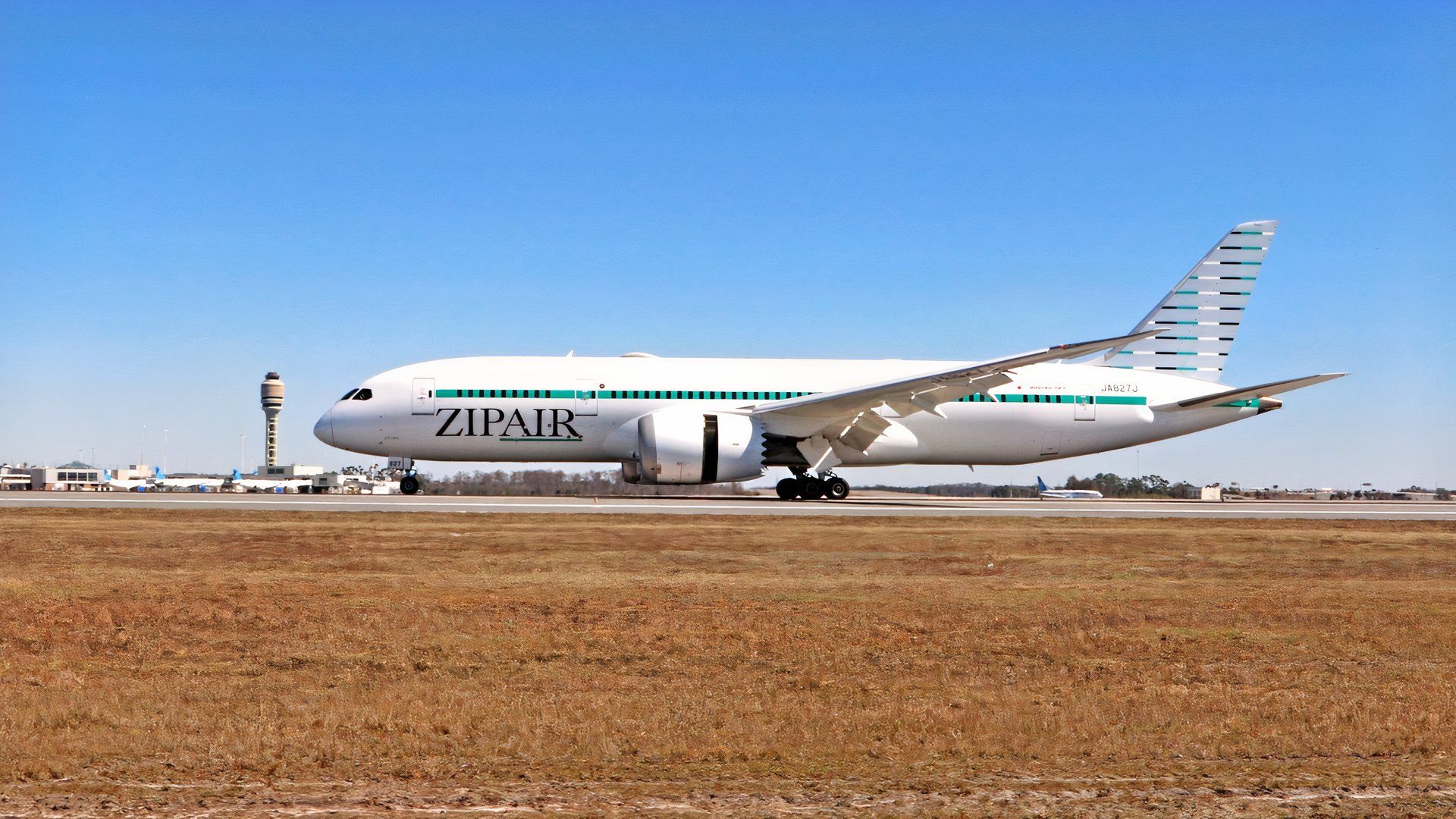
As tensions escalate between Russia and NATO countries, Russian Foreign Minister Sergey Lavrov assured global leaders at the United Nations that Russia does not plan to attack Europe. However, he emphasized that any acts of aggression would provoke a “decisive response” from Moscow. Lavrov’s remarks came during a speech at the U.N. General Assembly, where he addressed recent incidents involving unauthorized flights into NATO airspace, which the alliance attributes to Russia.
Russian military incursions have raised concerns across Europe, particularly following reports that NATO jets intercepted drones over Poland. Additionally, Estonia reported that Russian fighter jets entered its airspace for about 12 minutes, a claim Russia denies. Moscow contends that the drones were not targeting Poland and suggested that Ukrainian signal-jamming led to the incidents. Despite these denials, European officials interpret these occurrences as deliberate provocations aimed at testing NATO’s response.
At the U.N., Lavrov reiterated that Russia is the party under threat, stating, “Russia has never had and does not have any such intentions” regarding aggression against NATO or European nations. He added, “However, any aggression against my country will be met with a decisive response. There should be no doubt about this among those in NATO and the EU.”
Ongoing Conflict and Diplomatic Nuances
These comments come three years into Russia’s ongoing invasion of Ukraine, a conflict widely condemned by the international community. The situation has also attracted commentary from former U.S. President Donald Trump, who recently expressed optimism about Ukraine’s potential to reclaim lost territory, marking a shift from his earlier stance that suggested Ukraine might need to make concessions.
During a press conference following his U.N. address, Lavrov acknowledged Trump’s efforts to foster dialogue between the U.S. and Russia, stating, “the most important thing is not to let it result in confrontation or collision.” He criticized some unnamed European nations for what he described as diplomacy that amounts to “kissing up to their friends from Washington.” Lavrov expressed skepticism that sanctions would effectively substitute diplomatic efforts, stating, “This is a path without any promise. It won’t succeed.”
Despite tensions, Lavrov expressed cautious optimism about future discussions with the U.S., indicating a desire for pragmatic cooperation. He described the relationship between Russia and the U.S. as one of shared responsibility for global stability, asserting that both powers must avoid risks that could lead to conflict.
Addressing Broader Conflicts
While discussing the war in Gaza, Lavrov condemned the Hamas attack on Israel on October 7, 2023, which resulted in the deaths of approximately 1,200 people. He also criticized Israel’s military response, which has reportedly killed over 65,000 Palestinians in Gaza, according to the Gaza Health Ministry. Lavrov stated, “there is no justification” for the civilian casualties resulting from Israel’s actions.
He further commented on the potential for Israeli annexation of the West Bank, which Palestinians view as critical for their future state. Lavrov noted that such actions would undermine efforts for a two-state solution, a framework long supported by the international community.
As international leaders gathered at the U.N. General Assembly, Ukrainian President Volodymyr Zelenskyy continued to call for support against Russian aggression, warning that inaction could threaten other nations. This year’s assembly marks another crucial moment in ongoing global diplomatic efforts as leaders grapple with complex geopolitical challenges.
In summary, the discourse at the U.N. reflects the intricate and often contentious nature of international relations as various nations navigate their interests amid rising tensions and conflicts around the world.







